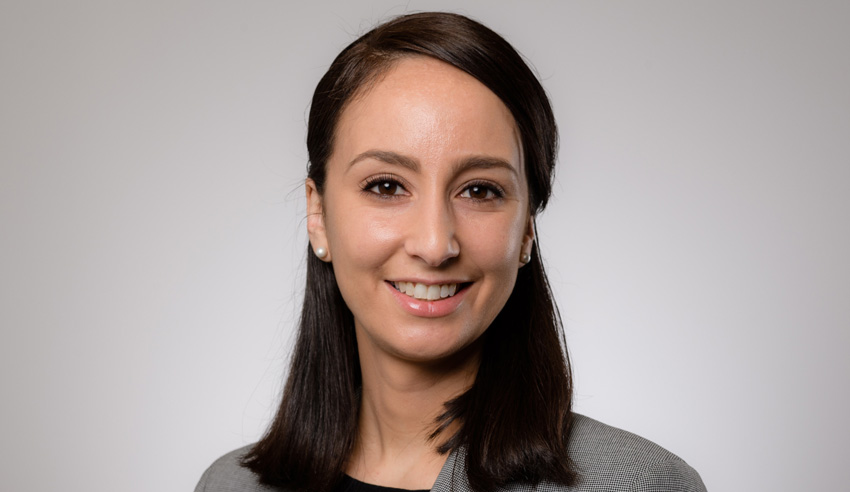The ability to adapt and move quickly in accordance with the needs of law firms during litigation can set in-house teams apart, says one principal.

Speaking on The Corporate Counsel Show, McCabe Curwood principal Chiara Rawlins said that – in order to create a successful relationship between an in-house team and a litigation team in a law firm – the former has to be available, be agile, and be able to move quickly on information that the latter needs in order to push forward a litigious matter.
In order to avoid such hurdles, it is paramount that both parties converse openly from the outset of any matter, Ms Rawlins said.
“Before before we get involved, there’s a lot of effort that is put into communicating with our clients, laying out all the groundwork in terms of understanding what are going to be the challenges, what are going to be the deliverables, and essentially being on the same page about what we need from each other.”
Leaders on both sides have to lead from the front on this point, she added.
“The role of the principals and the more senior lawyers in the in-house team is communicating out what the business’ key challenges are, [goals for] the foreseeable future, and having discussions so that the external teams are not only giving legal advice, but they’re giving commercial and strategic advice in the context of what the overall drivers and needs of that business are,” she said.
Such open communication will be especially important, Ms Rawlins noted, in the wake of the global coronavirus pandemic and its impacts upon business and court processes.
“I think what the current pandemic is going to see is that clients will be increasingly frustrated at litigation moving at a much slower pace. Litigation is renowned for being expensive and for being a lengthy process before you can get any certainty as to outcome,” she posited.
“I think with the current environment, everything is a day-by-day proposition, including how the courts are responding to the current COVID-19 situation.”
To listen to the full conversation with Chiara Rawlins, click below:
To share how COVID-19 has impacted you and your business, please complete this anonymous, two-minute survey here. For more information, please contact

Jerome Doraisamy is the managing editor of professional services (including Lawyers Weekly, HR Leader, Accountants Daily, and Accounting Times). He is also the author of The Wellness Doctrines book series, an admitted solicitor in New South Wales, and a board director of the Minds Count Foundation.
You can email Jerome at: